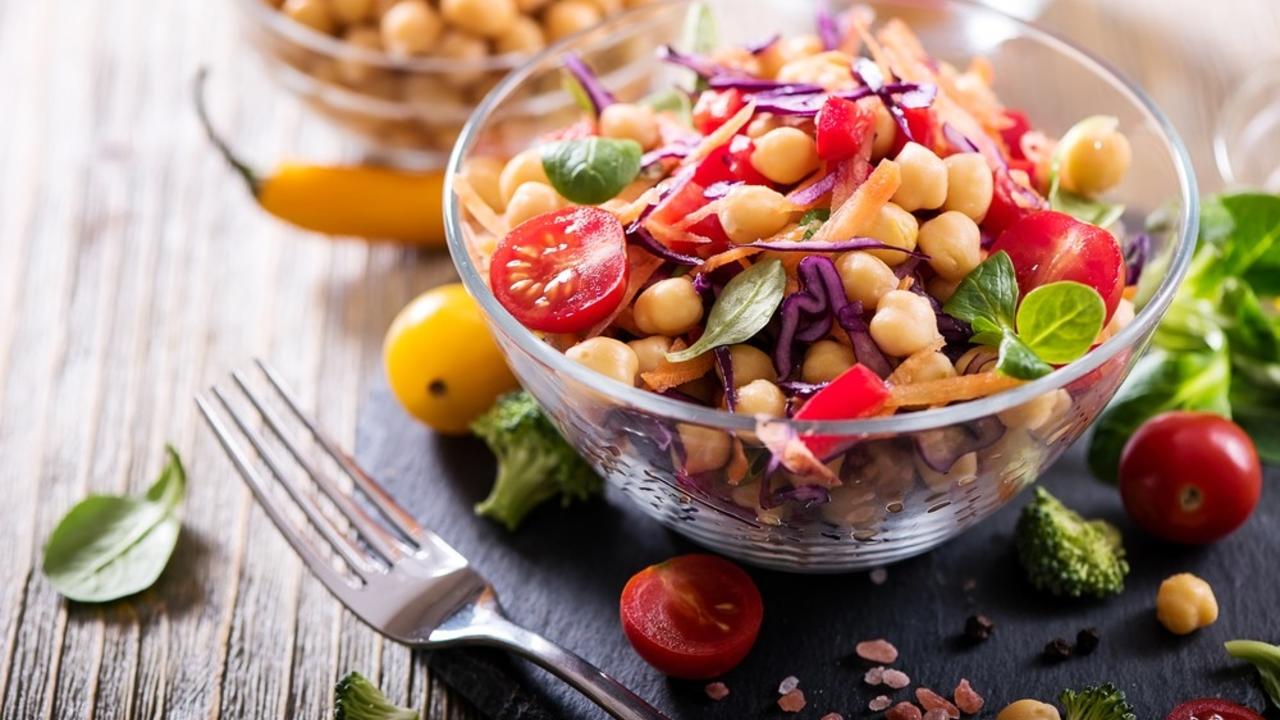Climate Cuisine

When you’re picking up food at the grocery store or farmer’s market, what influences your decisions about what food to buy? Some considerations you may be taking into account include the price, availability, taste, as well as environmental impact of the food item in question. As our climate continues to change, it is important to consider how our food choices impact the environment.
Environmental Impacts
Although something as small as choosing what to eat for dinner doesn’t seem like it would have a large impact, food is responsible for 26% of greenhouse gas emissions. There are four key elements that contribute to food emissions:
- Land use: significant amounts of land are required in order to grow crops and keep livestock. Agricultural land often displaces forests and grasslands, therefore resulting in loss of habitats and increased emissions.
- Crop production: the use of fertilizers, pesticides, and machinery emissions, and methane emissions from livestock contribute to the overall food emissions produced.
- Livestock and Fisheries: manure management, pasture management, fuel consumption from machinery contribute to food emissions.
- Supply chains: processes such as the processing, transportation, packaging and retail of food also play a role in food-related emissions.
Climate friendly food choices
When it comes to making food choices that are beneficial for the environment, it is interesting to note that these changes in diet are also beneficial for human health. For example, a review from the Academy of Nutrition and Dietetics has shown that vegetarians have lower cholesterol levels, lower blood pressure, and decreased rates of type 2 diabetes. At the same time, a vegetarian diet can be beneficial for the environment, as meat products which are responsible for a large percentage of greenhouse gases are avoided.
Going vegetarian or vegan isn’t the only way to eat in a way that is sustainable! You can also make a difference simply by reducing your meat intake. We can and should make the meat that we eat the portion of a side dish for our health and for the environment.
It is not uncommon for people to eat meat at least once or twice a day. However, it is important to observe at least two or three meatless days a week! With all the online cooking blogs and recipe sharing websites, it's easier than ever to find delicious meatless meals!
Another way to tackle it is to be vegetarian during the week and eat meat on weekends, or perhaps you want to be vegetarian at home, or find some other arrangement that works to ease you into a lower meat and lower impact diet.
You might also want to consider buying food that is grown locally or organically. Local food is beneficial for the environment as it doesn’t require significant amounts of transportation in order to be brought to the market. As an added bonus, local food is fresh and tasty! Organic food, on the other hand, is beneficial as it is grown without the use of harmful pesticides and fertilizers! Both are useful, but if you have to choose one over the other I usually follow David Suzuki’s advice to opt for local before large-scale organic.
Plus, getting your produce right from the grower at a Farmer’s Market or through Community Supported Agriculture is a wonderful way to connect with the amazing people who produce our food!
Inspiration from around the world
We can look to different cultures around the world in order to find inspiration for what to eat! For example, Indian cuisine places heavy importance on legumes. Legumes are a great source of protein as well as environmentally friendly. These plants are resilient to many weather events and can improve soil quality through the process of nitrogen fixation. For more information on the climate friendly cuisines around the world, check out this article from the New York Times written by Somini Sengupta.
Stay connected with news and updates!
Join my mailing list to receive the latest news and updates. Your information will not be shared.

